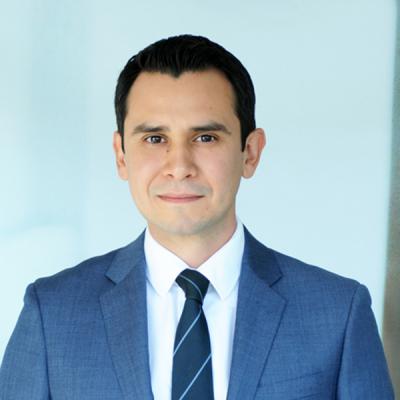TCPA Litigation Update — Ninth Circuit Concludes LiveVox Not an ATDS
In a post-Facebook sign of the times, the Ninth Circuit has concluded that the LiveVox Platform is not an automatic telephone dialing system in a new unpublished decision. The appeal stemmed from a district court order granting summary judgment in favor of the defendant and resulted in affirmance.
While the appeal was pending, the U.S. Supreme Court issued Facebook v. Duguid, 141 S. Ct. 1163 (2021). Post-Facebook, noted the Court, “an ATDS ‘must have the capacity either to store a telephone number using a random or sequential generator or to produce a telephone number using a random or sequential number generator.’”[1] With the Supreme Court’s holding in mind, the Ninth Circuit concluded that the LiveVox Platform neither produced nor stored telephone numbers using a random or sequential number generator. Without citing its prior decisions, the Ninth Circuit acknowledged that Facebook abrogated pre-Facebook Ninth Circuit authority to the contrary:
The LiveVox platform requires customers . . . to upload lists of telephone numbers. It does not produce the numbers it dials using a random or sequential number generator.
Meier therefore must show that the platform stores telephone numbers using a random or sequential number generator. He does not contend that the LiveVox system stores numbers using a random number generator. Instead, he argues that the system stores telephone numbers using a sequential number generator because it uploads a customer’s list of numbers and produces them to be dialed in the same order they were provided, i.e., sequentially.
Under Meier’s interpretation, virtually any system that stores a pre-produced list of telephone numbers would qualify as an ATDS . . . . But this is precisely the outcome the Supreme Court rejected in Duguid when it overturned a decision by this court holding that an ATDS “need only have the capacity to store numbers to be called and to dial such numbers automatically.”[2]
The Court also made swift work of footnote 7 in Facebook, concluding that the footnote “was not central to the Court’s analysis” and did not require adoption of the Plaintiff’s proposed expansive interpretation.[3]
Notably, the Ninth Circuit added that even if Facebook did not warrant the result, the district court correctly concluded that the calling solution at issue must be analyzed in isolation and was not an ATDS because it required a human agent clicking on phone numbers.[4]
1 Meier v. Allied Interstate LLC, No. 20-55286, 2022 WL 171933, *1 (9th Cir. Jan. 19, 2022).
2 Id.
3 Id.
4 Id.



